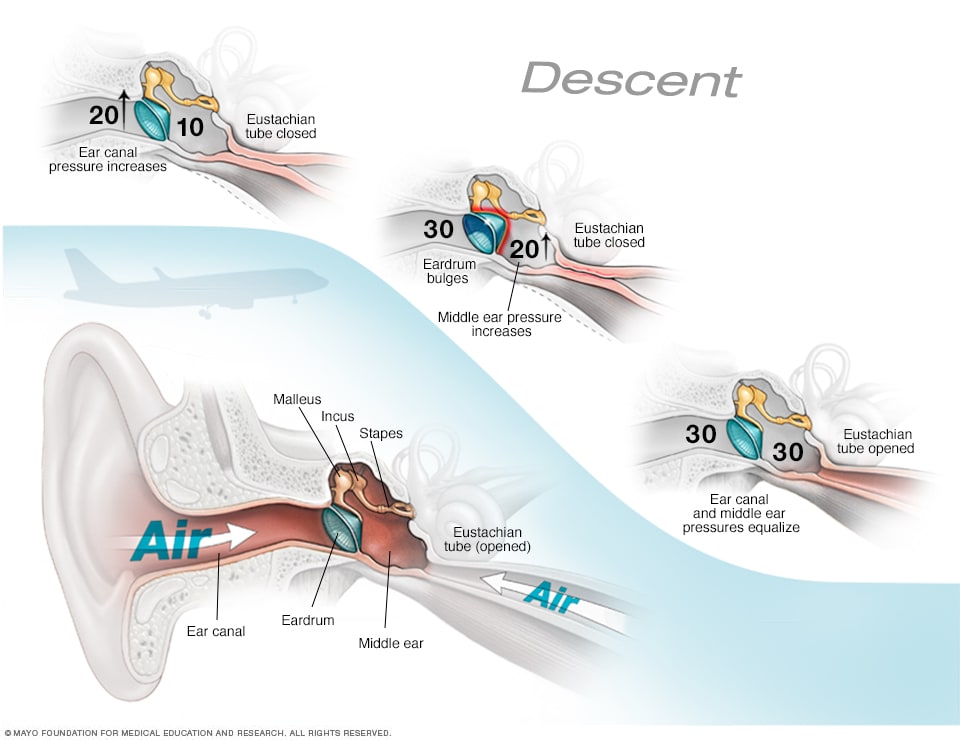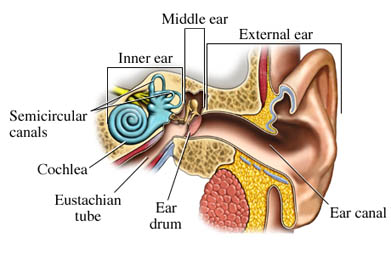


On land, the patient may not be able to sit or stand If vertigo happens underwater, the diver may not be able to tell which way is up panic and vomiting may cause choking and drowning. It is often associated with nausea and in severe cases vomiting. Vertigo during or after diving is a common symptom of middle-ear or inner-ear injury. However, if you have mild symptoms, you may try ginger or peppermint products to ease your symptoms without risking side effects. In most cases, the evidence of efficacy is missing.

Alternative remedies:Various alternative remedies have been promoted as being helpful in relieving or preventing motion sickness.Be sure to tell your doctor of your existing health problems to help determine which drug is best suited for you. Patients with glaucoma, enlarged prostate and some other health problems should not use this drug. Scopolamine may cause dry mouth, blurry vision, drowsiness and dizziness.
Barotrauma tinnitus skin#
The patch is applied to the skin area behind the ear at least eight hours before exposure and can help prevent motion sickness for up to three days per patch. Prescription products:The scopolamine skin patch (Transderm Scop) is a popular option.Drowsiness may adversely affect diver safety. A side effect of antihistamines is drowsiness, which is exaggerated when alcohol is consumed. Over-the-counter products: Antihistamines are commonly used both to prevent and treat motion sickness.Motion sickness can be treated with over-the-counter and prescription drug products. Avoid others who have become nauseous with motion sickness.Eat dry crackers to help settle a queasy stomach.Sitting or lying down can make you feel worse. Avoid alcohol the evening before you travel.If you are the passenger, look at the scenery in the distance. On a boat: Stay on deck and focus on the horizon.

If you know you have motion sickness or might be prone to it, consider this advice: Some people feel “sea legs” after a long sojourn at sea. Once the motion stops, symptoms quickly subside. Motion sickness lasts as long as the motion lasts. Individuals who suffer from migraine headaches are also more prone to motion sickness. Motion sickness is more common in women and in children 2-12 years old. Symptoms can strike suddenly and progress from simply not feeling well to cold sweats, dizziness and vomiting. The symptoms of motion sickness include dizziness, sweating, nausea, vomiting and a general feeling of discomfort or illness. Some people are more sensitive than others, but if the motion stimuli are strong and the exposure lasts long enough, nearly all individuals will experience it. Motion sickness can occur when traveling on a ship, plane, train, bus or car. In a closed room, the view indicates that the surroundings are still, while the signals from the labyrinth indicate that the body is moving. It is exaggerated when the brain receives conflicting messages delivered from the eyes, muscles and joint sensors (proprioceptors). Passive motions disturb fluid movement within the labyrinth and affects one’s sense of balance and equilibrium. It involves a general feeling of illness, dizziness, nausea and vomiting. Seasickness is a condition individuals may experience when on a moving platform.


 0 kommentar(er)
0 kommentar(er)
